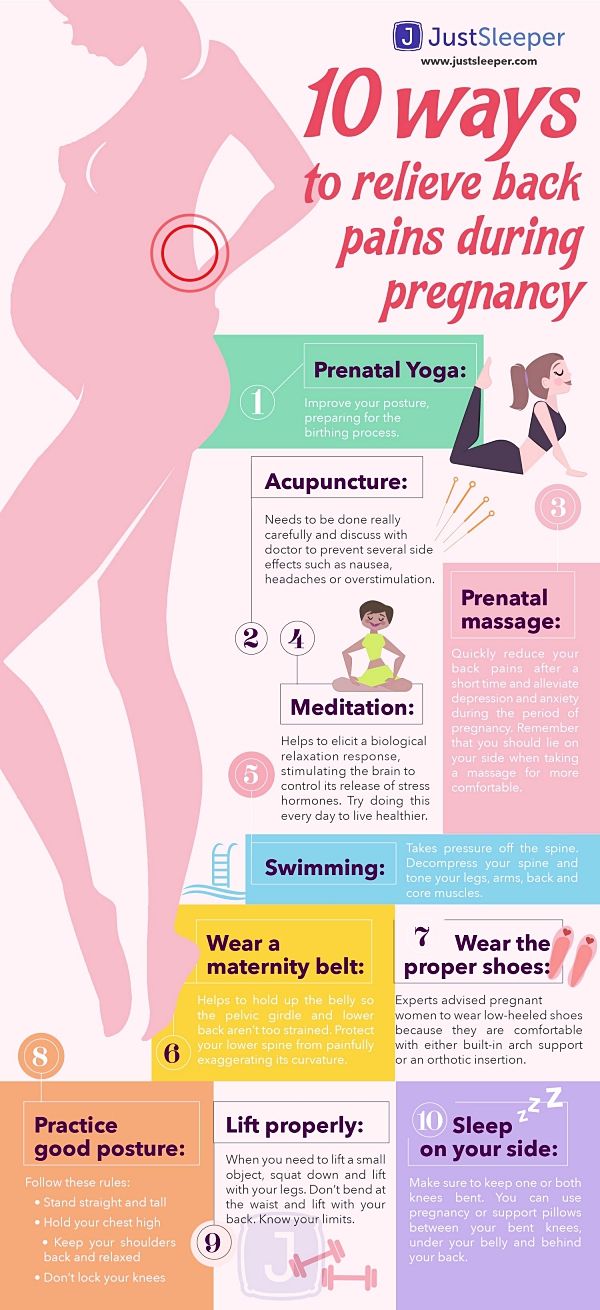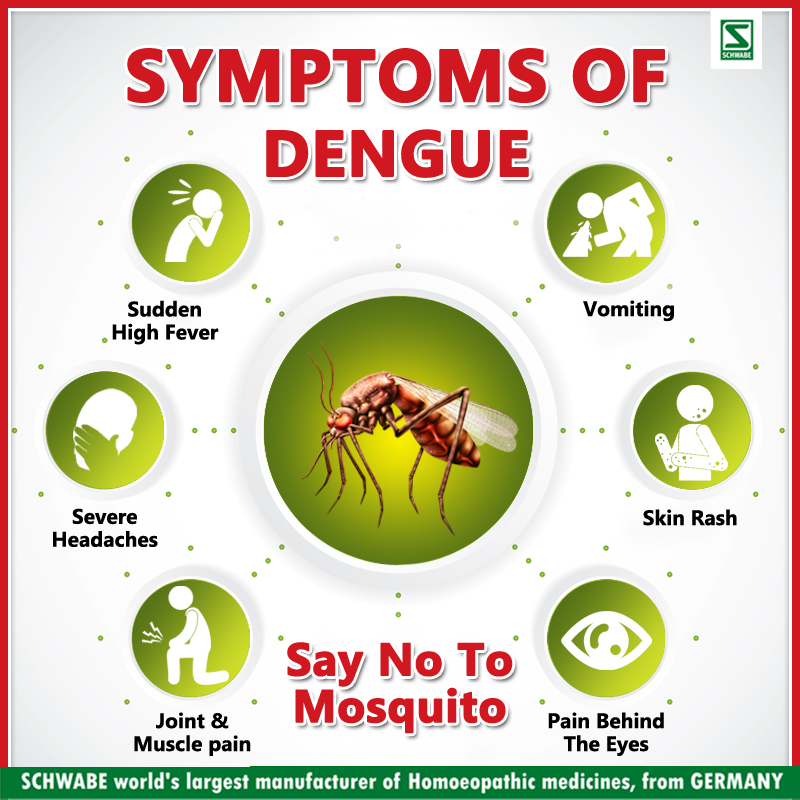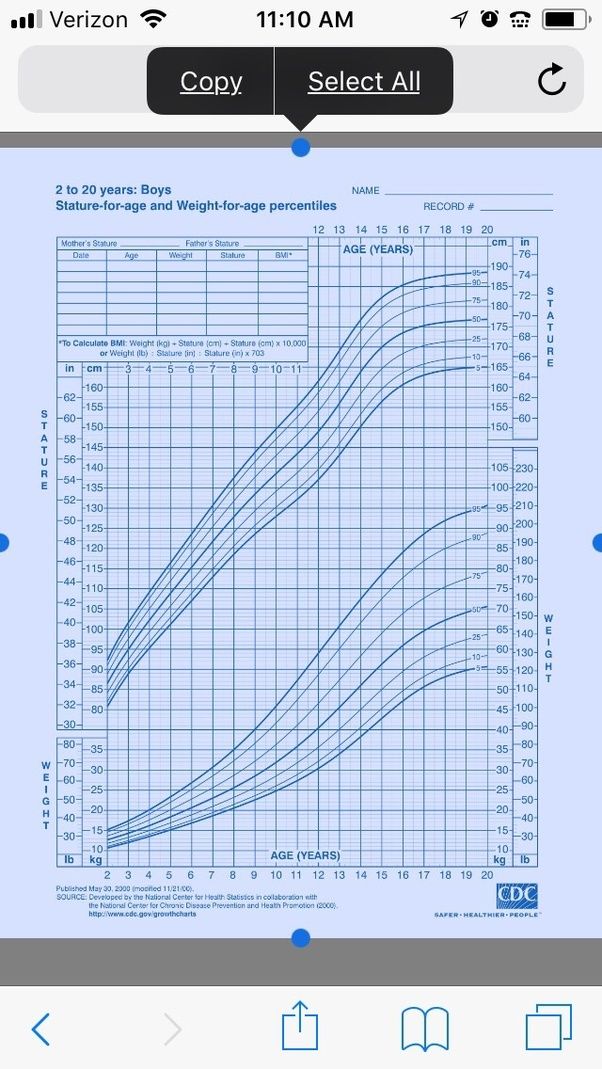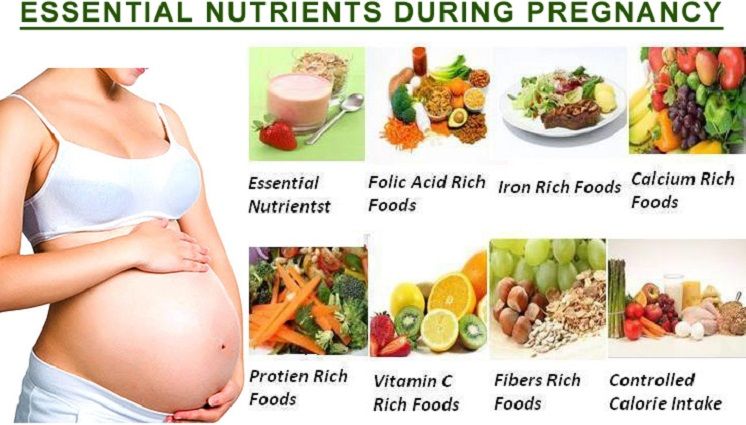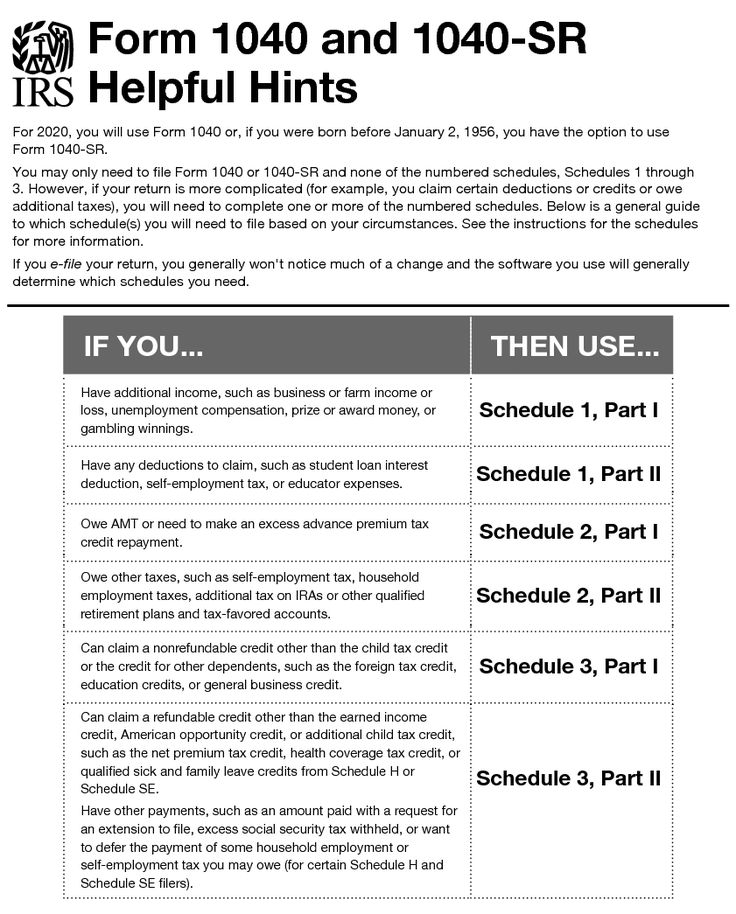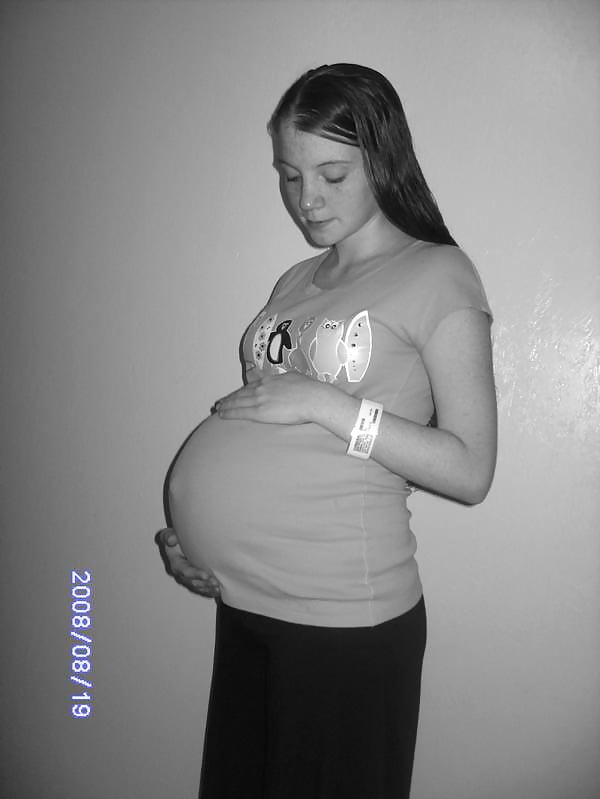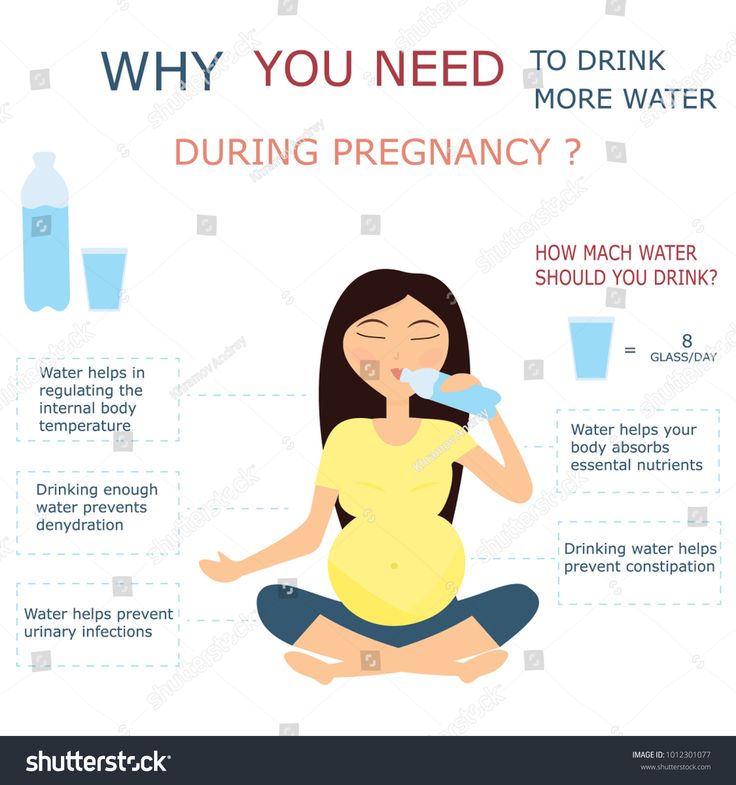When do you get food cravings during pregnancy
9 common pregnancy cravings: When do they start?
Have you discovered a sudden desire for pickles and a pint of ice cream during your pregnancy, even though these foods have never been your go-tos before? If so, you are not alone. Welcome to the weird and wonderful world of pregnancy cravings!
But what exactly is a food craving? If you’re experiencing a strong urge to eat a specific type of food and finding it very hard to resist that desire, you’re probably experiencing a craving. But we don’t just get cravings during pregnancy. In fact, studies show that 68% to 97% of college-aged men and women reported experiencing food cravings.
So why do we experience cravings during pregnancy, and what are some of the most common pregnancy food cravings? Here, we break down the research and speak to registered dietician Marcela Fiuza to uncover everything you need to know about pregnancy cravings, including a pregnancy cravings list of the most commonly craved foods.
When do pregnancy cravings start?
If you’ve just found out you’re pregnant, or you’re expecting but haven’t experienced any specific hankerings yet, you might be wondering if pregnancy cravings are likely to kick in.
“Cravings can occur at any point during pregnancy,” explains Fiuza. “Typically, they tend to start at the end of the first trimester and intensify during the second trimester.” For some women, pregnancy food cravings could start as early as five weeks into pregnancy.
How long do pregnancy cravings last?
You might also be wondering when you can expect your pregnancy cravings to subside. Research suggests that they will become less intense during your third trimester, and Fiuza adds that “they tend to disappear after the birth of the baby.”
How common are pregnancy cravings?
If you’re experiencing pregnancy food cravings, then you’re now part of a very large club, as pregnancy cravings are extremely common.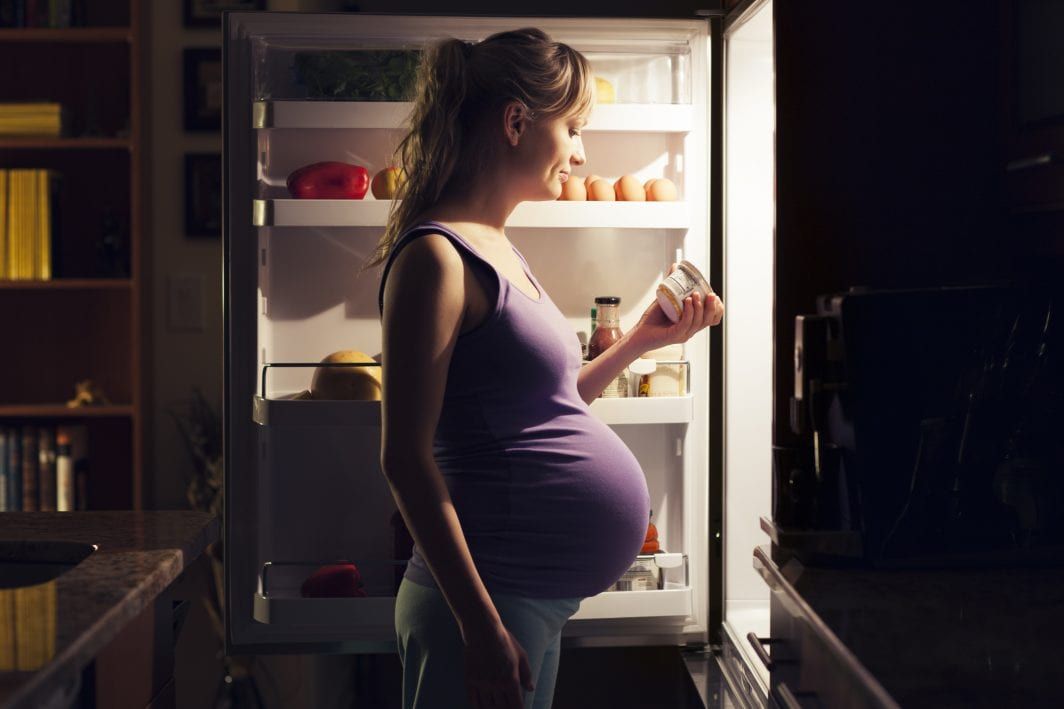 In fact, Fiuza says that anywhere between 50% to 90% of pregnant people in the United States will experience them.
In fact, Fiuza says that anywhere between 50% to 90% of pregnant people in the United States will experience them.
What causes pregnancy cravings?
Good question! Unfortunately, researchers haven’t determined an answer for this just yet. “There is not much research into the causes of food cravings during pregnancy, so we don’t fully understand why they happen,” explains Fiuza.
There are a number of theories about what causes pregnancy cravings, but Fiuza adds that these are “unproved,” so we can’t take them as fact just yet. One theory is that the hormonal changes that take place during pregnancy could have an impact on our sense of smell and taste, which “could be linked with food preferences and cravings,” says Fiuza.
“Another theory is that increased nutrient requirement or nutritional deficiencies could lead to craving of certain foods,” she adds. “However, research is lacking, and available findings do not support these hypotheses.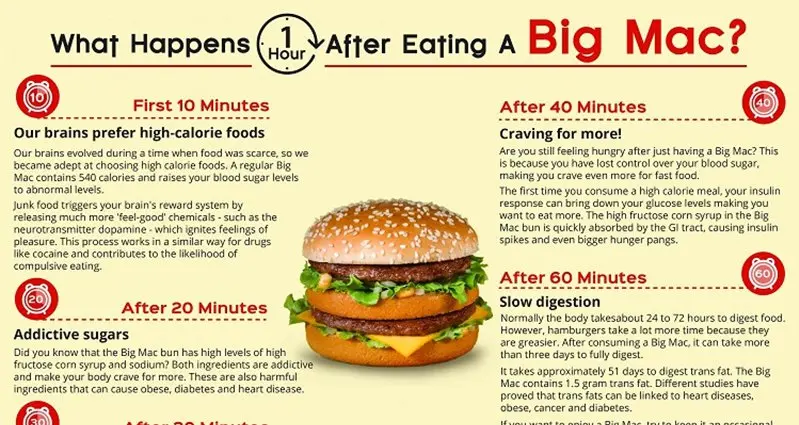 ”
”
While cravings during pregnancy are totally normal, Fiuza reminds us that they “should not be the sole indicator of nutritional needs in pregnancy.”
The 9 most common pregnancy cravings
As you reach for the jar of pickles for the third time in a day, you might be wondering which foods are most common for pregnancy cravings. There is limited research available to help pinpoint these, although one study that analyzed blog posts about pregnancy cravings found that sweets, carbohydrates (including chips and pizza), animal proteins, and fruits were often reported as cravings. Other studies suggest that pregnancy cravings for savory foods are strongest in the first trimester, while cravings for sweet foods are strongest in the second trimester, and cravings for salty foods are strongest in later pregnancy.
Fiuza has used the data available, combined with her own clinical experience, to highlight the following nine food groups as some of the most common pregnancy cravings.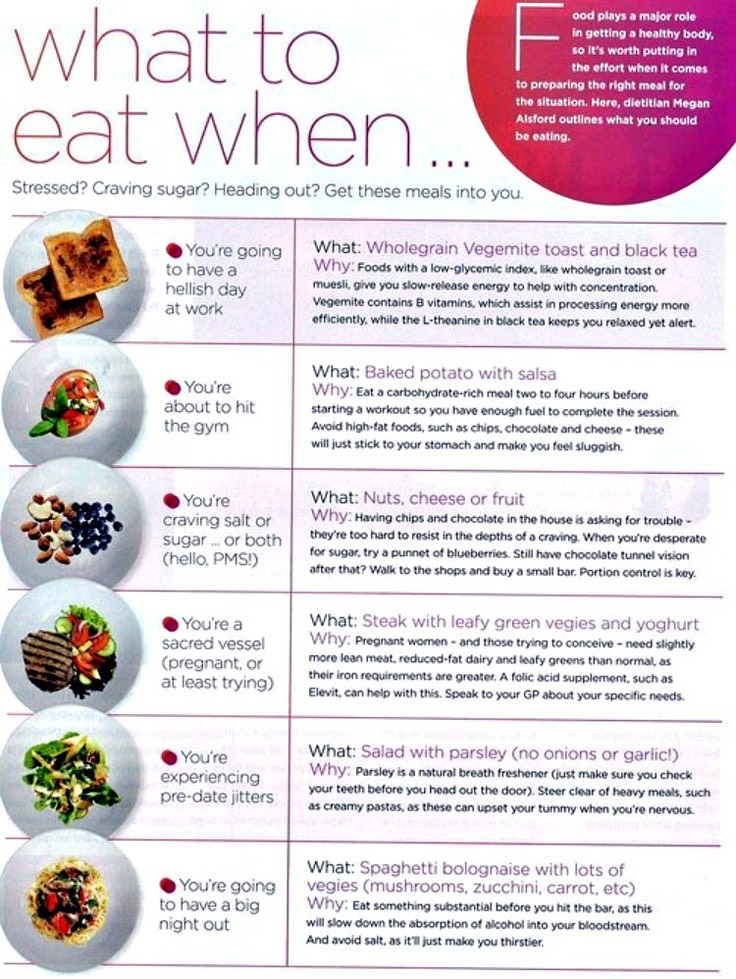
Sweet cravings during pregnancy
You don’t need to be pregnant to find yourself craving chocolate. Research has shown that it’s actually the most common food craving in the United States for all individuals, whether they’re expecting or not. But if you’re really craving sweets during your pregnancy, it could be due to pregnancy food cravings, with Fiuza naming chocolate and candy as two of the most commonly craved sweet foods.
While it’s OK to indulge your sweet cravings during pregnancy, it’s recommended that you don’t reach for sweets too often and that you only do so as part of a healthy diet. Research has found a link between increased intake of sugary foods and a risk of gestational diabetes, and excessive weight gain during pregnancy can be problematic.
If you’re worried about your cravings for sweet foods, you could try swapping candy and other sweet treats for fruit or substituting a few squares of milk chocolate for dark chocolate instead, as it’s considered a healthier alternative and contains heart-healthy flavonoids.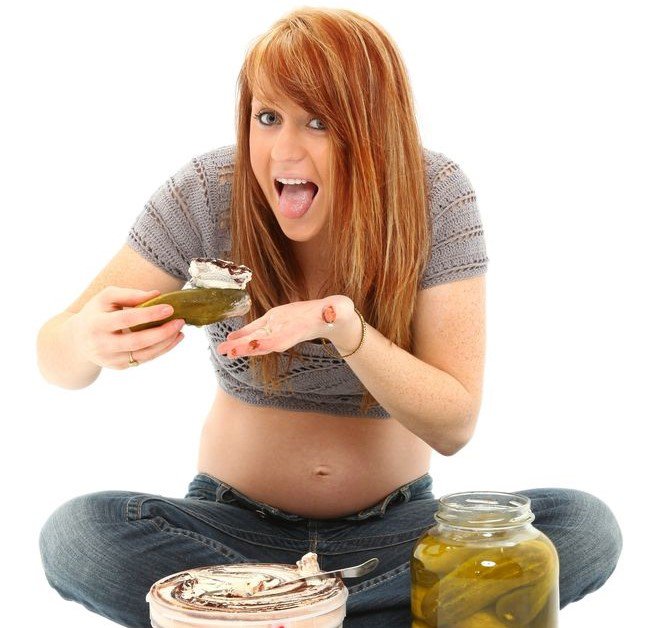
Fruit cravings during pregnancy
If you have fruit cravings during pregnancy, then that’s great, as this is a delicious and healthy snack to enjoy throughout your pregnancy and beyond. If you’re craving fruit, you could try making a delicious fruit smoothie or grab an orange to satisfy your cravings. Citrus fruits contain vitamin C, and The American College of Obstetricians and Gynecologists’ (ACOG) general guidelines recommend that pregnant people over 19 consume 85 mg of vitamin C per day, or 80 mg per day if you’re younger than 19.
Carbohydrate cravings during pregnancy
Pregnancy cravings for carbohydrates such as bread, cereal, and crackers are also common. If you find yourself craving these, Fiuza recommends opting for healthier, whole grain varieties that contain more nutrients, like fiber and vitamins, instead of processed varieties that may have added sugar, fats, and salt. As an added bonus, fiber can help to keep you full while also working to fight constipation, which is particularly common in the second trimester.
Fast food cravings during pregnancy
Does a gooey slice of pizza or a plate of salty, crispy chips sound particularly delicious right now? This could be due to pregnancy cravings, with both the aforementioned blog post study and Fiuza naming pizza and chips as two of the most commonly craved junk foods during pregnancy. As with sweets, it’s OK to indulge these cravings occasionally, but try to eat them as part of a healthy, balanced diet. You could also opt for a healthier alternative such as homemade sweet potato fries or go for a slice of pizza loaded with fiber and vitamin-rich vegetables.
Dairy cravings during pregnancy
Dairy cravings during pregnancy, such as a craving for milk, are also common. The good news is that this is generally a healthy craving, too. This is because dairy products such as milk, yogurt, and cheese all contain calcium, a mineral that helps the fetus to develop healthy bones and teeth and helps to keep your own bones and teeth healthy and strong.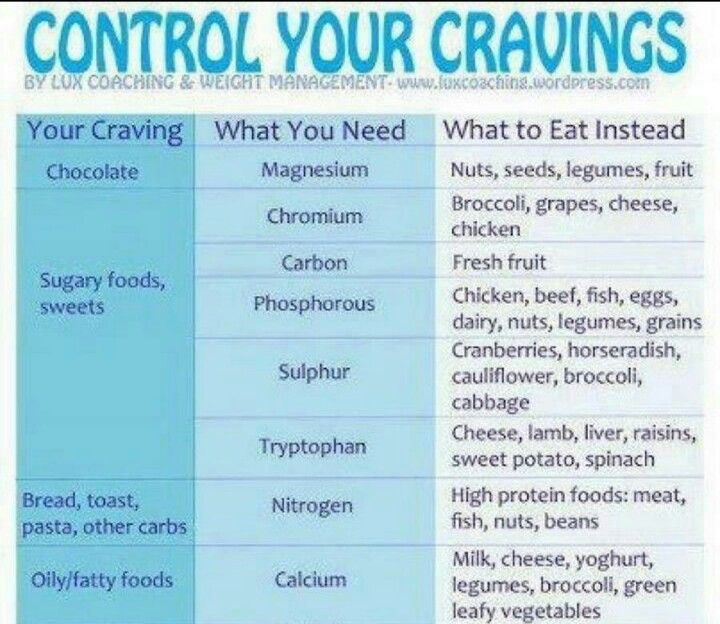 ACOG’s general guidelines recommend that pregnant women aged 19 and older consume 1,000 mg of calcium per day or 1,300 mg per day for those aged 18 and under.
ACOG’s general guidelines recommend that pregnant women aged 19 and older consume 1,000 mg of calcium per day or 1,300 mg per day for those aged 18 and under.
Just be sure to opt for dairy made with pasteurized milk and avoid any cheeses or foods that have been made with unpasteurized milk. These products may contain Listeria bacteria, which could lead to a potentially harmful infection. For more specific information on dairy products that you can and shouldn’t eat during pregnancy, you can read this article on planning a healthy pregnancy diet.
Spicy food cravings during pregnancy
If all you can think about is ordering the spiciest takeout you can find, then yes, you guessed it; you could be experiencing a pregnancy food craving. Spicy cravings in pregnancy are also normal, so if you suddenly find yourself wanting to order a spicy curry when previously your go-to was something milder, then don’t worry. It’s fine to indulge this craving, although you might want to steer clear of spicy foods if you’re experiencing heartburn or stomach issues (which are common during pregnancy), as there is evidence to suggest that they can aggravate these.
Pickle cravings during pregnancy
Pickles are a classic pregnancy food craving, and again, it’s generally OK to indulge it. It is absolutely fine to satisfy your pickle craving, but be mindful of quantities, as too much salt can worsen water retention in pregnancy and increase the risk of gestational hypertension and preeclampsia, which may have negative health effects for your baby.
Animal protein cravings during pregnancy
Fiuza says pregnancy cravings for animal protein, such as steak and chicken, are also normal, but they could be a sign that you are experiencing iron deficiency anemia, as these foods are rich in iron. Anemia is common during pregnancy, affecting between 20% and 80% of pregnant women. That’s often because iron needs increase during pregnancy, from 18 mg per day to 27 mg per day. If you suspect you may have anemia, speak with your health care provider about figuring out a solution.
It’s also worth noting that ACOG suggests avoiding all undercooked and raw meat, eggs, seafood, and poultry during pregnancy, as these could contain Salmonella, Campylobacter, and E.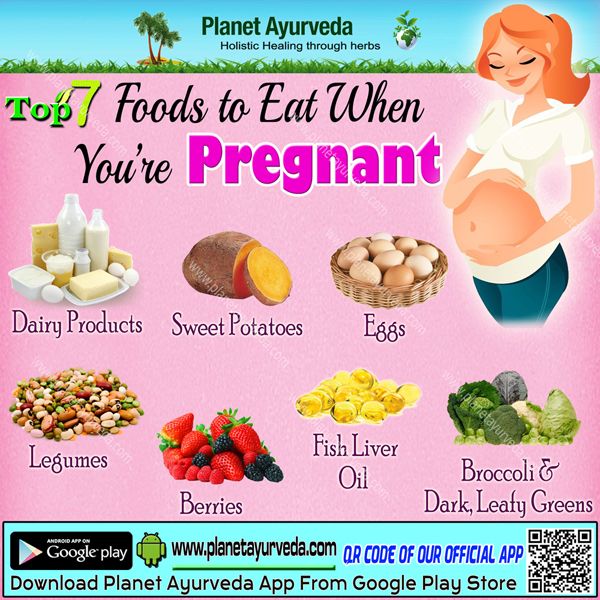 coli.
coli.
Cold food cravings during pregnancy
Do you have a sudden desire to eat cold and chilled foods? Pregnancy cravings for foods such as ice cream and popsicles are also normal, says Fiuza. As with sweets, it’s fine to indulge this craving, but try to do so as part of a healthy, balanced diet. You could also try an alternative option, such as frozen yogurt or a homemade fruit smoothie.
What happens if you ignore pregnancy cravings?
There is no evidence to suggest that ignoring pregnancy cravings could harm you or your baby, as long as you’re eating a healthy and balanced diet. However, if you’re concerned, it’s best to speak with your health care provider. In some cases, such as with sweets and fast food, it is generally best to indulge your cravings in moderation. When it comes to nutrition during pregnancy, following a healthy diet is key. “As long as you are having a balanced diet most of the time, there is no need to completely avoid the foods that you crave,” says Fiuza.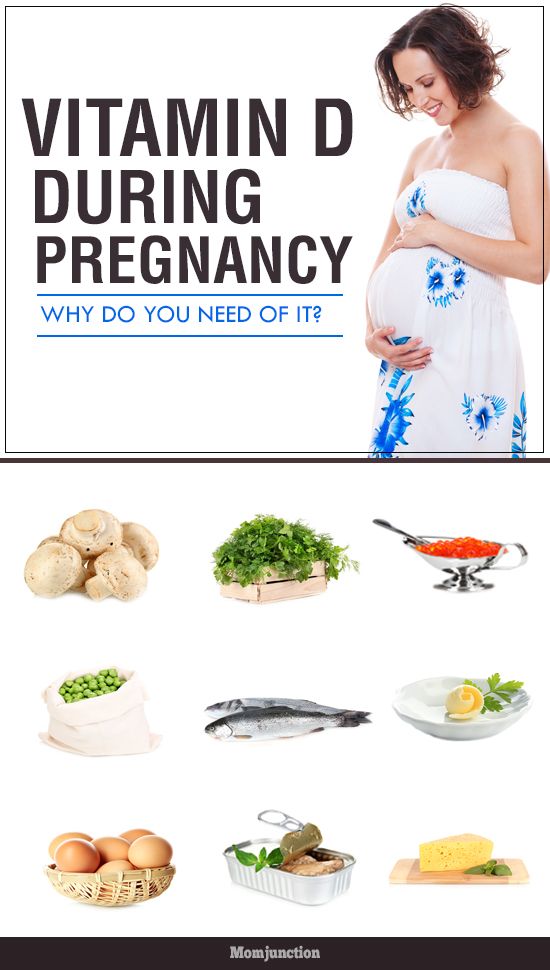
“More rarely, some pregnant women might crave nonfood items such as soil, ice, clay, toothpaste, etc.,” adds Fiuza. “This is known as pica and needs to be assessed by a health care professional, as consuming these can be harmful to both mom and baby.” It’s worth noting that it may also be associated with a nutrient deficiency.
Is there a link between pregnancy cravings and the sex of the baby?
You might have heard that the type of pregnancy cravings you have could be linked with the sex of your baby. Specifically, the unfounded theory is that if you’re experiencing cravings for salty foods, then you’re having a boy, and if you’re experiencing cravings for sweet foods, then you’re having a girl. However, there is no evidence to suggest that pregnancy food cravings are linked to the sex of your baby. Similar to the pendulum test, it’s a fun (but nonscientific) way of trying to guess the sex of your unborn child.
No pregnancy cravings: Is this normal?
If you’ve experienced no cravings during your pregnancy, then don’t panic; this is also normal, and there’s no need to worry.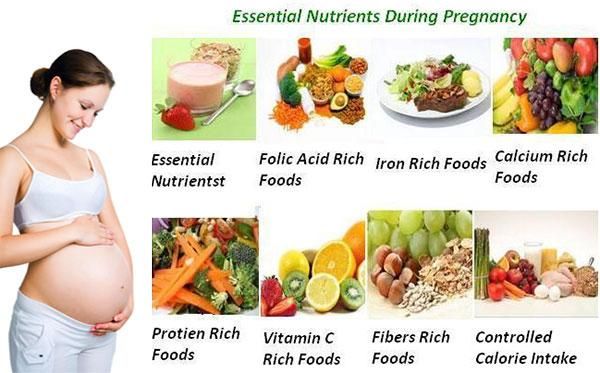 We know that anywhere between 50% and 90% of pregnant people in the United States will experience food cravings, but that also means that between 10% and 50% of pregnant people will not experience food cravings. Remember that every pregnancy is different, and if you have any concerns, your health care provider should be able to provide you with tailored advice just for you.
We know that anywhere between 50% and 90% of pregnant people in the United States will experience food cravings, but that also means that between 10% and 50% of pregnant people will not experience food cravings. Remember that every pregnancy is different, and if you have any concerns, your health care provider should be able to provide you with tailored advice just for you.
Pregnancy cravings: Further advice
“While there is no need to be overly strict with food intake, it is important to try and be mindful of portion sizes and make healthier choices whenever possible,” recommends Fiuza. “Food cravings during pregnancy can alter dietary intake, which can potentially contribute to excess weight gain, particularly if the foods craved are high in sugar or high in fat. We know that gaining too much weight during pregnancy isn’t healthy for both mom and baby.” Your health care provider will be able to advise how much weight you should ideally gain during your pregnancy, as this varies for everyone and is dependent on factors including your prepregnancy weight, body mass index, and how many babies you are carrying.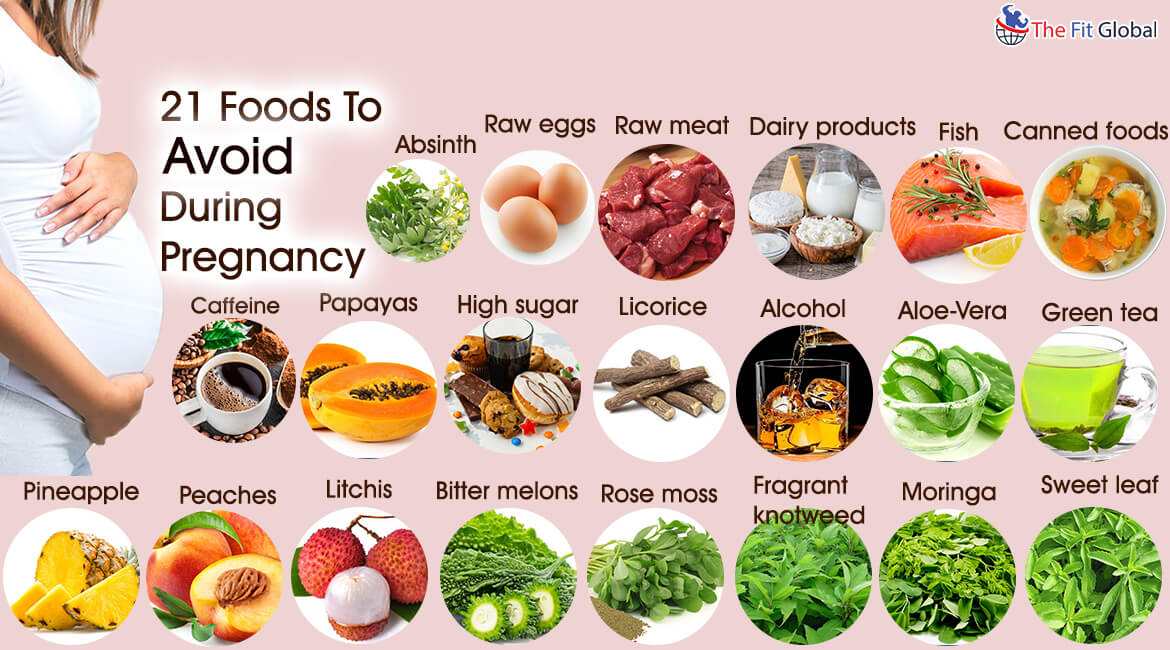
Fiuza also offers the following advice on sticking to a healthy diet while managing pregnancy food cravings:
- Eat a varied and balanced diet including plenty of fruit and vegetables, whole grains, legumes, nuts and seeds, some lean protein such as turkey, chicken, and fish, and dairy such as pasteurized yogurt.
- Eat regular meals including lean protein and fiber, which can help you feel full and may decrease other cravings. You could also consider having one to two healthy snacks a day to avoid fluctuations in blood sugar, which could trigger cravings. Some ideas for healthy snacks include Greek yogurt with fruit, a handful of nuts, whole grain crackers with cheddar cheese, and raw veggies with hummus.
- Include regular physical activity in your daily routine (unless your health care provider has advised you not to).
- Be mindful of how much and how often you eat foods that are high in sugar or fat and try to make healthy swaps whenever possible. For example, you could have a homemade fruit popsicle or frozen yogurt instead of ice cream if you crave something cold and sweet.
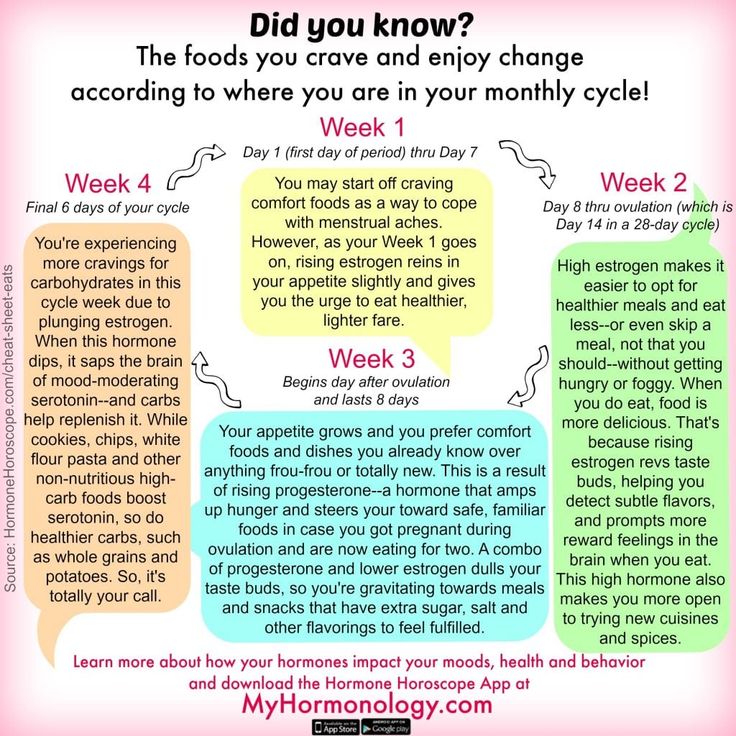 Or try a couple of squares of dark chocolate instead of a whole bar of milk chocolate.
Or try a couple of squares of dark chocolate instead of a whole bar of milk chocolate. - Avoid any foods that can carry a risk for your health or the health of your baby. These include raw and undercooked meat, eggs, and seafood; unpasteurized dairy; alcohol; and excessive amounts of caffeine.
Pregnancy cravings: The takeaway
As we’ve seen, pregnancy food cravings are incredibly common. Equally, there’s no need to worry if you don’t experience any cravings at all, and they’re not associated with excessive gestational weight gain, maternal glycemia, or offspring outcome measurements. For those who do experience pregnancy cravings, they’re likely to kick in in the first trimester, sometimes as early as five weeks. They can then get stronger in the second trimester before slowly coming to an end during the third trimester.
There’s no exact science to tell us the most common cravings during pregnancy, but they are likely to include sweets, carbohydrates, fast food, fruit, dairy, spicy foods, pickles, animal protein, and cold foods.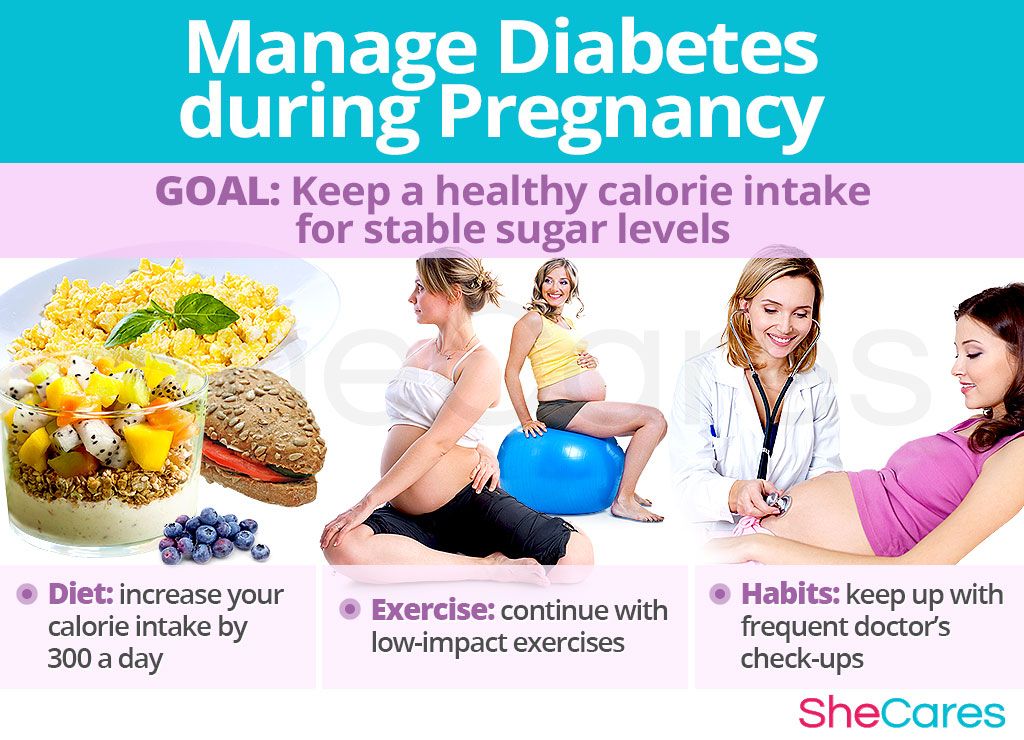 It’s generally fine to indulge these cravings as part of a healthy, balanced diet, but there are also some foods that it’s best to avoid, such as dairy products made from unpasteurized milk.
It’s generally fine to indulge these cravings as part of a healthy, balanced diet, but there are also some foods that it’s best to avoid, such as dairy products made from unpasteurized milk.
Most importantly, enjoy your pregnancy, and if you have any questions or concerns, always speak to your health care provider.
When Do Pregnancy Cravings Start and Which Cravings Are a Red Flag
- Pregnancy cravings are usually the strongest during the second trimester and will go away after giving birth.
- If you're craving chalk, clay, or paint chips, this could a sign of severe iron deficiency and you should consult your physician for help.
- This article was medically reviewed by Karen Duncan, MD, who is an assistant professor with the Department of Obstetrics and Gynecology at NYU Langone.
- Visit Insider's homepage for more stories.
Pregnancy cravings are no joke. At least half of pregnant women experience cravings at some point in their pregnancy.
Whether it's a hankering for salty, sweet, savory, or all of the above, cravings can be nearly impossible to ignore. Here's when you can expect to experience the strongest cravings, when they'll subside, and cravings can be a warning sign something is wrong.
When pregnancy cravings start
"Cravings can start very early in pregnancy — before a woman even knows she's pregnant — and may last the entire pregnancy," says Erin Higgins, an obstetrician-gynecologist at the Cleveland Clinic.
While cravings can strike at any point, they tend to peak in the second trimester — along with swollen ankles and back pain — and slow down during the third trimester. You can expect cravings to drop off significantly after giving birth, Higgins says.
What causes pregnancy cravings
You're undergoing a lot of hormonal, psychological, and physical changes simultaneously during pregnancy. That makes it difficult to pin down a root cause for pregnancy cravings.
"Cravings in pregnancy aren't very well understood," Higgins says.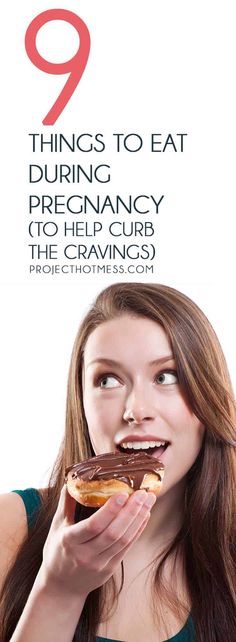 "They are likely related to hormonal fluctuations and probably represent some sort of nutritional need, such as sodium, calcium, or fat."
"They are likely related to hormonal fluctuations and probably represent some sort of nutritional need, such as sodium, calcium, or fat."
For example, craving pickles might mean your body needs sodium because pickles are usually high in sodium. But it could also just mean you're in the mood for a pickle. It's difficult to measure one from the other, though pregnancy cravings can be stronger and harder to avoid.
"Additionally, there can be some alterations in taste and smell during pregnancy, leading to different cravings or aversions than one might have outside of pregnancy," Higgins adds.
When to see a doctor about pregnancy cravings
Aside from regular food cravings, it's possible to develop some more unusual cravings that could be red flags.
"Strange cravings for nonorganic, nonfood items can be indicative of a nutritional deficiency," Higgins says. "In a condition called pica, people with iron-deficiency anemia crave and often eat, chalk, clay, paint chips, or dirt. The craving can be intense."
The craving can be intense."
These are cravings you should certainly discuss with your doctor and not give in to. "Some dirt, clay, or paint chips may contain lead, which can be very dangerous to both the woman and her baby," she says. As for your run-of-the-mill food cravings, it's OK to treat yourself.
"Within reason, cravings for food items can be indulged," Higgins says. "Most cravings are mild or sporadic and thus pose little risk to the pregnancy."
In other words, give in to your desire for salty, greasy fries from time to time. But if you can't eat anything other than fries for every meal of the day for days straight, it may be time to get your doctor involved.
"When the cravings lead to a poor diet, intervention may be necessary," Higgins says. "Sometimes just finding a healthy alternative to less healthy cravings can help. Nutritionists are of great help during pregnancy for those who struggle with aversions, strange cravings, and nausea or vomiting."
After all, a balanced nutritional diet is as important as ever for your health as well as your unborn child's. Because if you're not careful, and you consume too many calories, you put yourself at risk for complications like gestational diabetes — when a woman develops diabetes while pregnant. Moreover, if you're deficient in certain key nutrients, like iodine, it could affect your unborn's development.
Because if you're not careful, and you consume too many calories, you put yourself at risk for complications like gestational diabetes — when a woman develops diabetes while pregnant. Moreover, if you're deficient in certain key nutrients, like iodine, it could affect your unborn's development.
You can still have a healthy baby if you have gestational diabetes, but it can cause its own complications, such as high blood sugar in the baby and high blood pressure and low blood sugar for the mother.
Don't hesitate to turn to your OB-GYN, general doctor, or a nutritionist if you're looking for some guidance or want to voice any concerns. You want to try to keep yourself as strong and healthy as possible – for both you and your baby.
- What causes iron deficiency? How to reduce the risk of anemia
- What does iodine do for the body and why it is crucial for new mothers
- Yes, you can get a flu shot while pregnant. Here's the best time to get it.
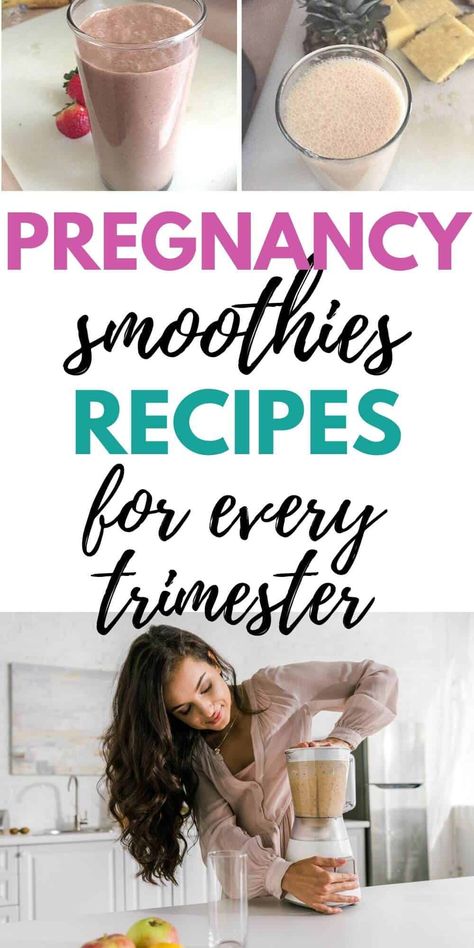
- What is preeclampsia: Risks, symptoms, and treatment
Ashley Laderer
Ashley Laderer is a freelance writer from New York who specializes in health and wellness. Follow her on Twitter @ashladerer
Read moreRead less
At what gestational age begins to pull on different foods. Doctors explained why this happens | Health
Wanting something unusual during pregnancy is no joke. At least half of pregnant women experience cravings at some point in their pregnancy. Whether it's a craving for salty, sweet, savory, or all of the above, cravings are almost impossible to ignore.
When pregnancy occurs
Cravings can start very early in pregnancy, before a woman knows she is pregnant, and can last throughout pregnancy.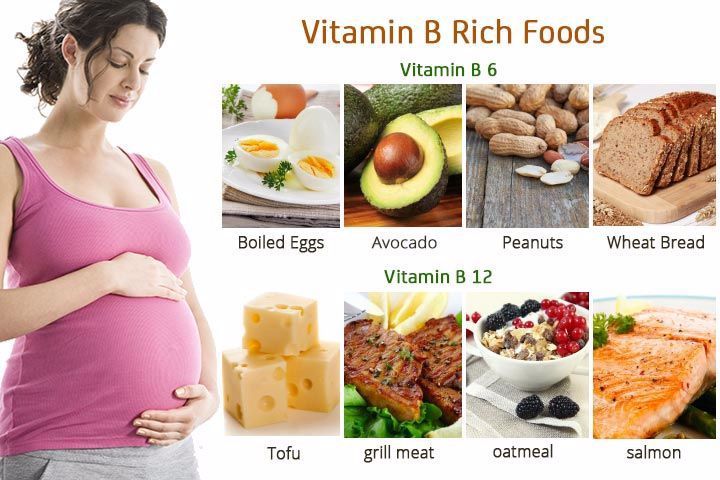
While cravings can appear at any length of time, they tend to peak in the second trimester and slow down in the third trimester. And you can expect cravings to decrease significantly after giving birth.
What Causes Pregnancy Cravings
You go through many hormonal, psychological and physical changes at the same time during pregnancy. This makes it difficult to determine the root cause of the cravings.
The origin of this phenomenon during pregnancy is not very clear. It is likely due to hormonal fluctuations and likely represent some sort of nutritional requirement such as sodium, calcium, or fat.
For example, craving pickles could mean your body needs sodium because pickles tend to be high in sodium. But it could mean you're in the mood for salting. It's hard to separate one from the other, although cravings during pregnancy can be stronger and harder to avoid.
In addition, there may be some changes in taste and smell during pregnancy, resulting in different cravings or aversions than there might be at other times.
When pregnancy is dangerous
In addition to the usual food cravings, there may be some more unusual cravings that may be forbidden.
An odd craving for non-organic, non-food items may indicate a nutritional deficiency. In a peak state, people with iron deficiency anemia crave and often eat: chalk, clay, shavings, or dirt. The cravings can be intense.
This is a craving that you should definitely discuss with your doctor and not give in to.
Some dirt, clay or shavings may contain lead, which can be very dangerous for both the woman and her baby. As far as your usual food goes, it's okay to indulge yourself.
Food cravings can be indulged within reason. Most addictions pose little risk to pregnancy.
In other words, give in to your cravings for salty or fatty French fries from time to time. But if you can't eat anything but french fries for every meal for a few days, it might be time to see a doctor.
When cravings lead to unhealthy eating, intervention may be needed. Sometimes finding healthy alternatives to less healthy cravings can help. Nutritionists are very helpful during pregnancy for those who struggle with disgust, strange cravings, nausea or vomiting.
Sometimes finding healthy alternatives to less healthy cravings can help. Nutritionists are very helpful during pregnancy for those who struggle with disgust, strange cravings, nausea or vomiting.
After all, a balanced nutritional diet is just as important for your health as it is for your unborn baby. If you are not careful and consume too many calories, you put yourself at risk for complications such as gestational diabetes.
You can have a healthy baby if you have gestational diabetes, but it can also lead to complications such as high blood sugar in the baby, high blood pressure and low blood sugar in the mother.
Found a violation? Complain about content
The cause of pregnancy food whims: it's not because their body lacks something
- Veronica Greenwood
- BBC Future
Subscribe to our 'Context' newsletter to help you understand events.
Image copyright Getty Images
What's behind pregnancy's weird eating habits? Most likely, not at all what we are used to thinking about.
We have all heard stories a thousand times about a pregnant woman who, in the middle of the night, wanted a pickled cucumber with ice cream so much that she sent her husband in search of desired products. Or who passionately wants chocolate - but not any, namely one that cannot be found in stores nearby.
However, why "heard"? Perhaps you yourself experienced an inexplicable desire to eat something special when you were pregnant.
Often they try to explain this by the fact that the food whims of pregnant women occur due to the fact that their body (or the body of a developing fetus) suddenly needed certain nutrients, and there is even something attractive, touching in such an explanation.
After all, bearing a child is a difficult, long, not always pleasant and sometimes mysterious process.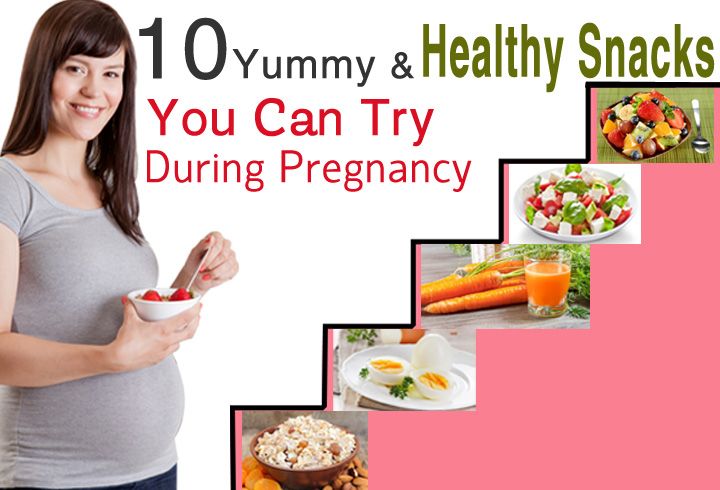 And if a burning desire to urgently eat a burger, or even two, has such a good reason - well, so be it.
And if a burning desire to urgently eat a burger, or even two, has such a good reason - well, so be it.
However, when you look at the scientific studies of this phenomenon, everything turns out to be much more complex and fascinating.
Researchers have found that the food whims of pregnancy (as a concept) did not exist in all cultures.
And in those non-English speaking countries where pregnant women sometimes report their sudden food cravings, they want something completely different than, for example, women in the US and the UK. For example, in Japan, most often they want such a prosaic thing as rice.
- Why you shouldn't trust the urge to eat
- Why you want to eat the earth
- Three pregnancy myths: food, pain and airplanes
Skip the Podcast and continue reading.
Podcast
What was that?
We quickly, simply and clearly explain what happened, why it's important and what's next.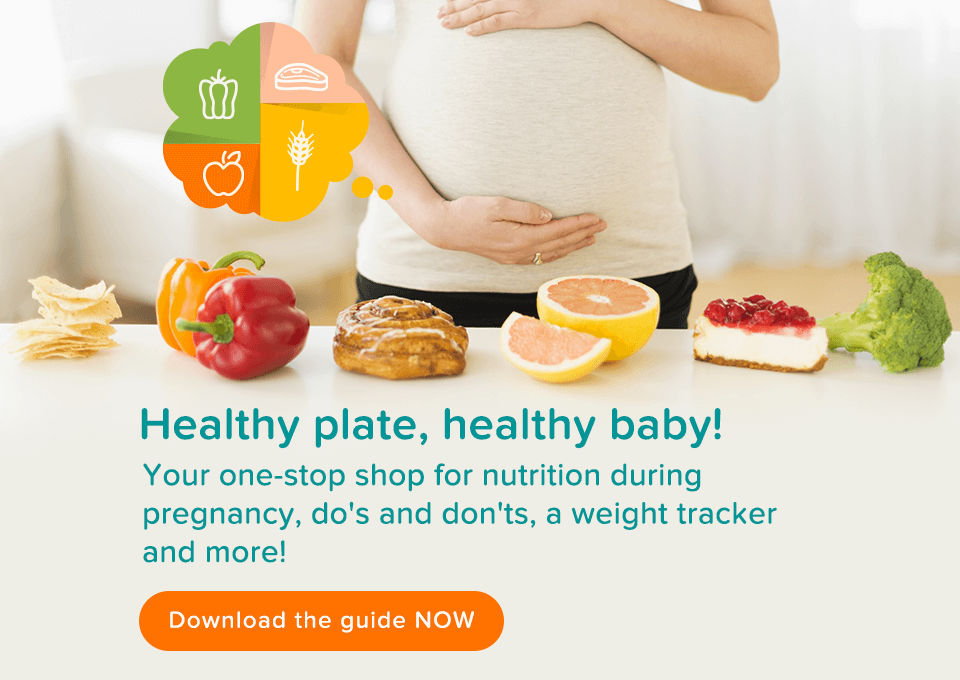
episodes
The End of the Story Podcast
Going further, studies that have tried to find out whether the body gets the special nutrients that it needs from the foods that pregnant women most often want to eat have found no evidence of this.
In fact, women who reported cravings for food gained much more weight than is considered healthy during pregnancy because of it, which could lead to more complications.
This, however, does not mean that women invent all their desires. And the fact that the reasons for their whims are completely different, they are not dictated by biochemical need.
Understanding why people suddenly crave certain foods in the first place can help, says Julia Hormes, a professor of psychology at the State University of New York at Albany, who studies food cravings in a variety of ways.
For example, she says that about 50% of women in the US report craving chocolate during the week leading up to their period.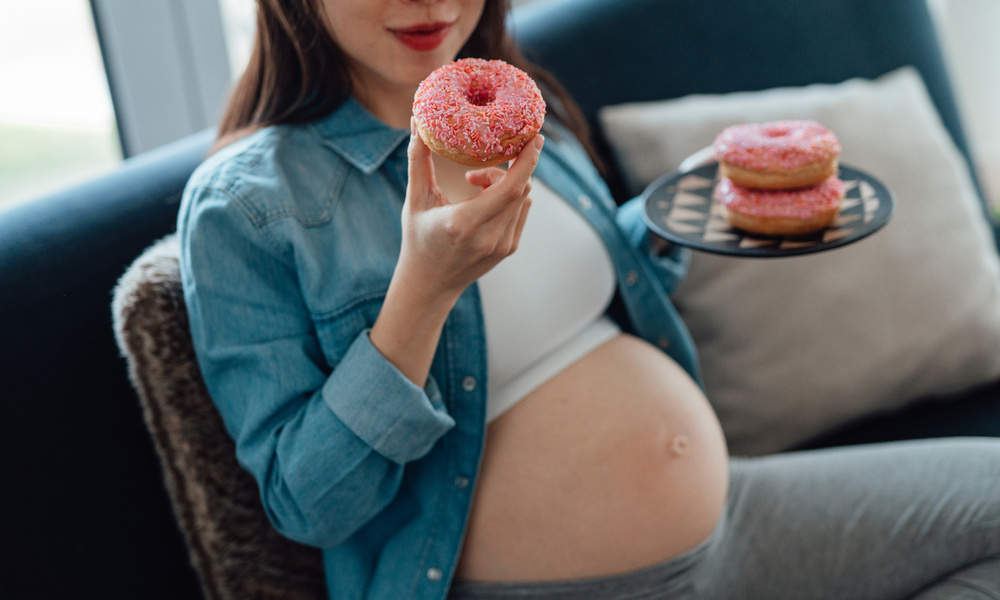
The scientists decided to investigate whether this craving is due to certain nutrients in chocolate that are important for menstruation, or whether it reflects hormonal changes.
Image copyright, Getty Images
Image caption,Food cravings may be related to the psychology or cultural traditions of a particular society
In one of the experiments, a psychologist gave women a box and asked them to eat its contents when they suddenly wanted something to eat .
Some of the boxes contained milk chocolate, which had all the usual chocolate ingredients and also had a nice melt-in-your-mouth sweet sensation.
In others, white chocolate that does not contain cocoa solids (which give milk and dark chocolate its dark color) but still has a pleasant texture.
Third, cocoa candies with all the nutrients of cocoa, but without the mouthfeel that chocolate gives.
It turned out that white chocolate had the greatest success in satisfying desires, which suggests that whims are not spurred on by any particularly useful cocoa ingredients.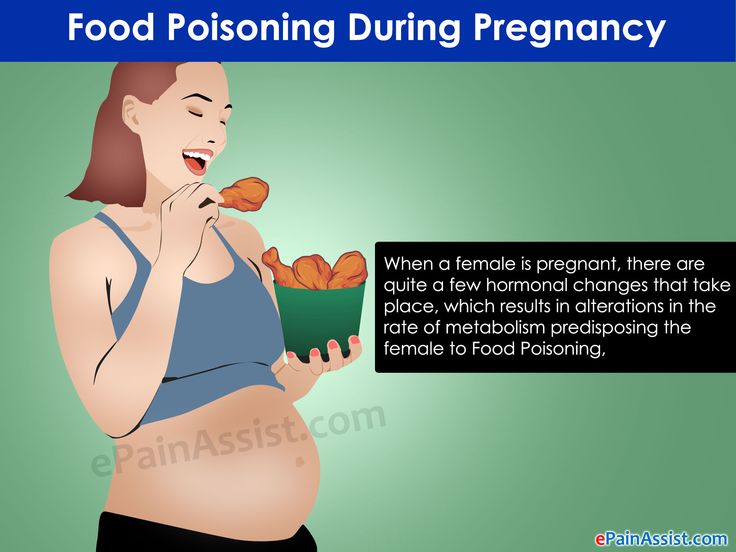
Other studies of "chocolate whims" have not been found to be associated with hormone levels.
In fact, even during menopause, women continued to feel the desire to eat chocolate, Horms emphasizes, they simply began to attribute it to other reasons.
All this brings us to the conclusion that the source of food vagaries is in psychology or in cultural traditions. A craving for a cookie, a chocolate bar, or a bag of chips can start as a simple thought and then grow bigger and bigger, becoming an obsession that is hard to resist.
At the same time, thoughts of something delicious can coexist with feelings of guilt.
- Coronavirus and pregnancy: what are the risks for expectant mothers?
- "During my pregnancy I lost 20 kg - the doctors didn't understand what was happening"
- Why pregnancy is not a hindrance to sports
"There is a certain ambiguity in this, - says Horms. - On the one hand, the same chocolate is undoubtedly tasty by definition, and on the other hand, the culture in which I live tells me that I should not eat it. I really want it, but I can’t ... "And this has its consequences.
- On the one hand, the same chocolate is undoubtedly tasty by definition, and on the other hand, the culture in which I live tells me that I should not eat it. I really want it, but I can’t ... "And this has its consequences.
In particular, if you hold yourself back for a long time and you already have a barrier in your head (you are not allowed to eat this food!), it will be extremely difficult to resist and not lose control of your desires when you reach for a forbidden treat.
And then, after eating a piece of cake, instead of feeling satisfied and doing something else, you eat three more pieces.
Adding fuel to the fire is the fact that women during pregnancy can limit themselves to certain foods - either by following a healthier diet or following the recommendations of a doctor.
Image copyright, Getty Images
Image caption,Eating a piece of chocolate regularly can keep you from falling into uncontrollable devouring of tiles
All of these circumstances give rise - at least in some countries of the world - to situations in which food cravings are more frequent and more likely to occur and are harder to control, which can lead to, say, weight gain.
In addition, during pregnancy, a woman's whims in eating are not customary to condemn.
"There are certain moments and situations in our culture where women are not judged for eating foods that are normally supposed to be avoided," says Horms. "PMS and pregnancy, for example, are considered such situations in society."
- What if women had complete control over when and from whom to get pregnant?
- Medical myths about childbirth: the exact date, spicy food, and the waste of water
Understanding what leads to a craving to eat something can prevent the transition from just thinking about cake to eating cake, Hormes emphasizes.
One way is to use distractions, both visual and, for example, olfactory. The other is, with the help of self-contemplation and awareness achieved in meditation, to recognize the presence of desire and let it go, let it go.